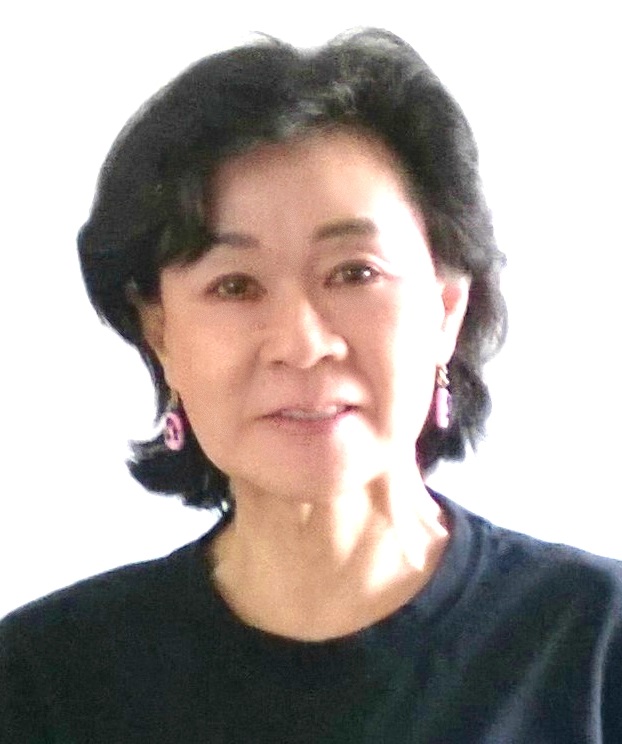
|
【講師プロフィール】
ウルヴィル漆原 伸江(ウルヴィルウルシハラ ノブエ) 上智大学国際教養学部; 言語教育研究センター非常勤講師
国籍 / 日本
専門分野等 / テキサス大学医学部医療人文学研究所、医療人文学、医療倫理学
著作・論文等 /
<博士論文> Literature and Medicine: A Teaching Model for the Students and Practitioners of Medicine and Health Care in Japan (2011)
“Tuberculosis: Illness of Narrative in Modern Japanese Literature.” American Society for Bioethics and Humanities (ASBH) October 2007 Meeting Abstracts.
“Found in Translation: International Encounters in Bioethics and Humanities.” Panel. ASBH October 2009 Meeting Abstracts.
メッセージ(Messages)/
This advanced-level course provides opportunities to read Japanese works of literature from the Showa Era translated into English. Why should we bother to read Japanese stories in English? Indeed, the essence of the text and the nuance of the source language may be lost in the process of translation.
However, just as we think more seriously about who we are when we travel abroad, we encounter new aspects of ourselves when we study Japanese literary works in a foreign language. Reading is a collaboration of the author, the text, and the reader. Through reading Japanese stories in English, we engage in cross-cultural and inter-textual communication and explore our cultural heritage and identity.
【学習内容(Contents)】
The participants read a variety of English-translated Japanese short stories to appreciate how well-known stories may assume a different aspect when read in English. Each week, two or three works will be read and discussed.
The participants may find new interpretations and messages from the text which may have been previously overlooked when reading in Japanese.
【学習方法(Methods)】
The participants study the background of each story and its author and walk through the text, paying close attention to the subject matter and rhetorical devices such as metaphor. Active participation in discussion is encouraged. Secondary sources and supplementary materials will be handed out in class. DVDs and PowerPoint slides may be used.
【学習形態(Mode)】
Since this is not a course of literary criticism, the participants are welcome to respond from their perspectives and make unique comments based on their personal knowledge and experiences. The participants should also feel free to bring references they find of benefit to enrich dialogue and engage other participants.
【受講者に期待する達成レベル(Goal)】
1. Strengthen reading and speaking skills in English.
2. Achieve proficiency in textual and cultural literacy.
3. Learn to express opinions and share ideas with other participants.
4. Savor diverse works of literature and be immersed in the charm and wonder of storytelling.